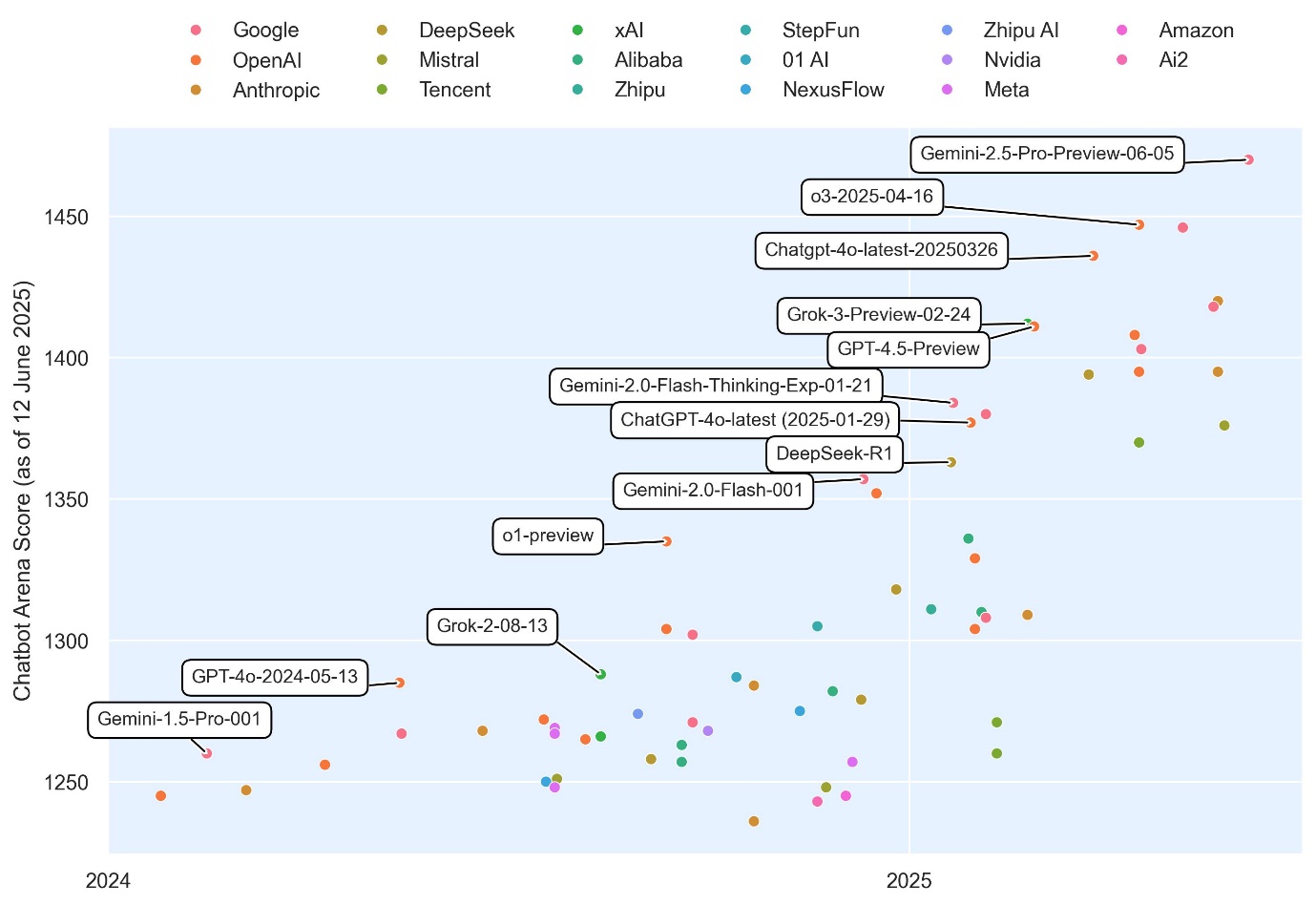Fresh from the feed
Filter by timeframe and category to zero in on the moves that matter.

The move comes after intense pressure from lawmakers and 404 Media’s months-long reporting about the airline industry's data selling practices.

Excellent design and display filters, but the lack of OpenFPGA support rankles.

Bitcoin mining hardware exec falls for sophisticated crypto scam to tune of $200k

The malware authors associated with a Phishing-as-a-Service (PhaaS) kit known as Sneaky 2FA have incorporated Browser-in-the-Browser (BitB) functionality into their arsenal, underscoring the continued evolution of such offerings and further making it easier for less-skilled threat actors to mount attacks at scale. Push Security, in a report shared with The Hacker News, said it observed the use

Microsoft launches tracker to manage autonomous AI in the workplace Reuters

EFF and the ACLU of Northern California Sue on Behalf of Local Nonprofits Contact: Josh Richman, EFF, jrichman@eff.org ; Carmen King, ACLU of Northern California, cking@aclunc.org SAN JOSE, Calif. – San Jose and its police department routinely violate the California Constitution by conducting warrantless searches of the stored records of millions of drivers’ private habits, movements, and associations, the Electronic Frontier Foundation (EFF) and American Civil Liberties Union of Northern California (ACLU-NC) argue in a lawsuit filed Tuesday . The lawsuit, filed in Santa Clara County Superior Court on behalf of the Services, Immigrant Rights and Education Network (SIREN) and the Council on American-Islamic Relations – California (CAIR-CA), challenges San Jose police officers’ practice of searching for location information collected by automated license plate readers (ALPRs) without first getting a warrant. ALPRs are an invasive mass-surveillance technology: high-speed, computer-controlled cameras that automatically capture images of the license plates of every driver that passes by, without any suspicion that the driver has broken the law. “A person who regularly drives through an area subject to ALPR surveillance can have their location information captured multiple times per day,” the lawsuit says. “This information can reveal travel patterns and provide an intimate window into a person’s life as they travel from home to work, drop off their children at school, or park at a house of worship, a doctor’s office, or a protest. It could also reveal whether a person crossed state lines to seek health care in California.” The San Jose Police Department has blanketed the city’s roadways with nearly 500 ALPRs – indiscriminately collecting millions of records per month about people’s movements – and keeps this data for an entire year. Then the department permits its officers and other law enforcement officials from across the state to search this ALPR database to instantly reconstruct people’s locations over time – without first getting a warrant. This is an unchecked police power to scrutinize the movements of San Jose’s residents and visitors as they lawfully travel to work, to the doctor, or to a protest. San Jose’s ALPR surveillance program is especially pervasive: Few California law enforcement agencies retain ALPR data for an entire year, and few have deployed nearly 500 cameras. The lawsuit, which names the city, its Police Chief Paul Joseph, and its Mayor Matt Mahan as defendants, asks the court to stop the city and its police from searching ALPR data without first obtaining a warrant. Location information reflecting people’s physical movements, even in public spaces, is protected under the Fourth Amendment according to U.S. Supreme Court case law . The California Constitution is even more protective of location privacy, at both Article I, Section 13 (the ban on unreasonable searches) and Article I, Section 1 (the guarantee of privacy). “The SJPD’s widespread collection and searches of ALPR information poses serious threats to communities’ privacy and freedom of movement." “This is not just about data or technology — it’s about power, accountability, and our right to move freely without being watched,” said CAIR-San Francisco Bay Area Executive Director Zahra Billoo. “For Muslim communities, and for anyone who has experienced profiling, the knowledge that police can track your every move without cause is chilling. San Jose’s mass surveillance program violates the California Constitution and undermines the privacy rights of every person who drives through the city. We’re going to court to make sure those protections still mean something." "The right to privacy is one of the strongest protections that our immigrant communities have in the face of these acts of violence and terrorism from the federal government," said SIREN Executive Director Huy Tran. "This case does not raise the question of whether these cameras should be used. What we need to guard against is a surveillance state, particularly when we have seen other cities or counties violate laws that prohibit collaborating with ICE. We can protect the privacy rights of our residents with one simple rule: Access to the data should only happen once approved under a judicial warrant.” For the complaint: https://www.eff.org/files/2025/11/18/siren_v._san_jose_-_filed_complaint.pdf For more about ALPRs: https://sls.eff.org/technologies/automated-license-plate-readers-alprs Tags: SIREN and CAIR-CA v. San Jose Automated License Plate Readers (ALPRs) Street Level Surveillance

Now you can finally block off time for tasks without scheduling a fake meeting. Try it now.

Black Friday is just two weeks away, and in the lead-up to the sales event, I've collected the best early Chromebook deals across major retailers.

This blog post introduces two major enhancements to Amazon SageMaker HyperPod that strengthen security and storage capabilities for large-scale machine learning infrastructure. The new features include customer managed key (CMK) support for encrypting EBS volumes with organization-controlled encryption keys, and Amazon EBS CSI driver integration that enables dynamic storage management for Kubernetes volumes in AI workloads.

Buy now, pay later firm says pay has risen by 60% with staff numbers mostly cut by attrition and tech investment Klarna has claimed that AI-related savings have allowed the buy now, pay later company to increase staff salaries by nearly 60%, but hinted it could slash more jobs after nearly halving its workforce over the past three years. Chief executive Sebastian Siemiatkowski said headcount had dropped from 5,527 to 2,907 since 2022, mostly as a result of natural attrition, with departing staff replaced by technology rather than by new staff members. Continue reading...

Black Friday is Nov. 28, but major retailers like Amazon, Best Buy, and Walmart are already slashing prices on top tech.

Maybe the Matrix, maybe nothing, maybe pay us

This infographic illustrates what sets these agents apart, how they operate, and why they represent a foundational leap for AI.

Microsoft announced today that it will integrate Sysmon natively into Windows 11 and Windows Server 2025 next year, making it unnecessary to deploy the standalone Sysinternals tools. [...]

Microsoft says that Teams users will be able to report false-positive threat alerts triggered by messages incorrectly flagged as malicious. [...]

All users can now add AI voiceovers, remove filler words, and edit photos. Get a hands-on look at all the tools you can try.

Industry leaders agree collaboration is key to advancing critical technologies.

Industry leaders agree collaboration is key to advancing critical technologies.

In this post, I will illustrate how applying platform engineering principles to generative AI unlocks faster time-to-value, cost control, and scalable innovation.

Quora's AI platform Poe now lets users engage in group chats with up to 200 people across AI models and bots.